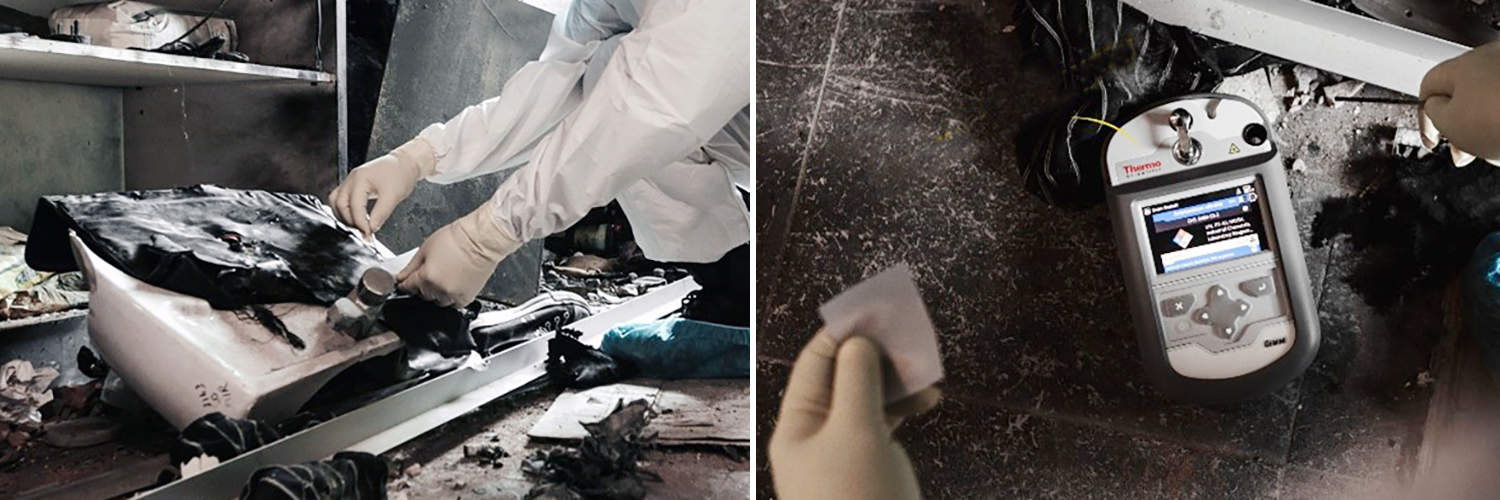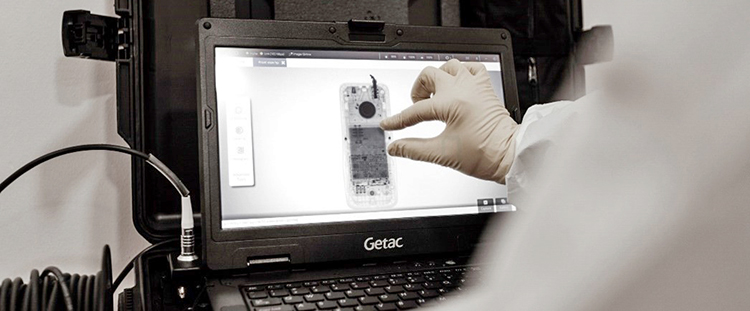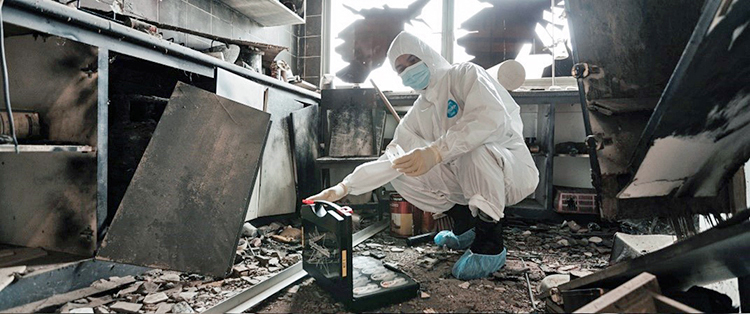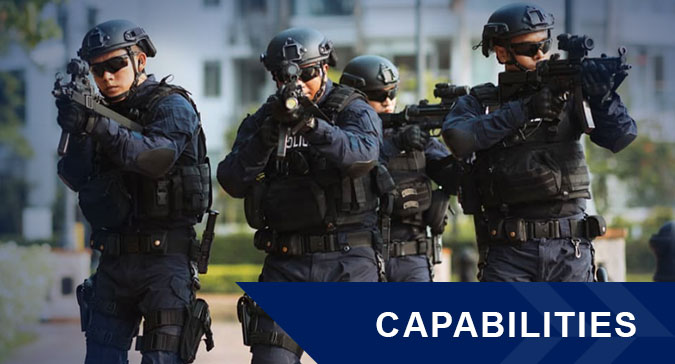At a post-blast scene, the speed of investigation is critical to analyse the scene and identify the perpetrators to prevent further attacks.
By: Domnic Dass
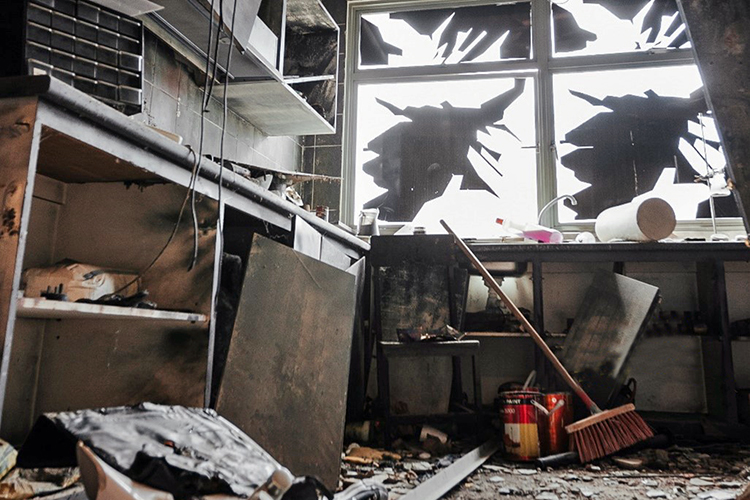
At a post-blast scene, speed is of critical importance. Investigators must work swiftly to identify the perpetrators and prevent further attacks and harm to innocent victims. Find out more about the crucial operational capability of post-blast investigations in the Singapore Police Force (SPF)!
What do Post-blast Investigators do?
In the event of a terror attack involving explosives, post-blast investigators from the Criminal Investigation Department (CID) are quickly deployed to comb through the messy blast scene for clues.
It takes care and meticulous attention to detail to sift through the debris for the smallest leads. After processing a blast scene, post-blast investigators document and analyse the evidence that they have collected. Their findings help the Police in their investigations and subsequent prosecution of the case.
Rigorous Training
The CID invests much time and resources to enhance the SPF’s post-blast investigation capabilities. This often involves collaborating with strategic local and overseas partners on training exercises.
Such training helps to sharpen the investigators’ skills and ensure a high level of operational readiness in dealing with incidents that involve bombs and explosives. Training includes the local Post-blast Investigation Basic Course and the biennial Solar Wind exercise between the SPF and the Royal Brunei Police Force.
The S&T Edge
The SPF also works closely with the Home Team Science & Technology Agency (HTX) for scientific and engineering support in post-blast investigations. For example, HTX experts may assist the SPF in examining electronic components that are found at a blast scene, both on-site and in the laboratory.
To enhance the professional knowledge of post-blast investigators, SPF also participates in conferences of the International Bomb Data Center Working Group to learn best practices from organisations such as the Federal Bureau of Investigation. The SPF is also a member of the Southeast Asia Bomb Data Center Working Group, which holds annual conferences to discuss findings of recent bombing incidents and share the latest in explosive-related developments and technologies.
Check Out the Tech!
Let us take a closer look at the equipment that our post-blast investigators use to gather evidence and process leads!
